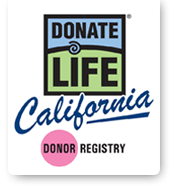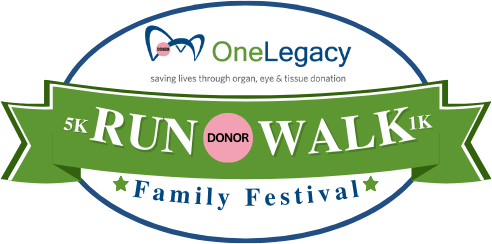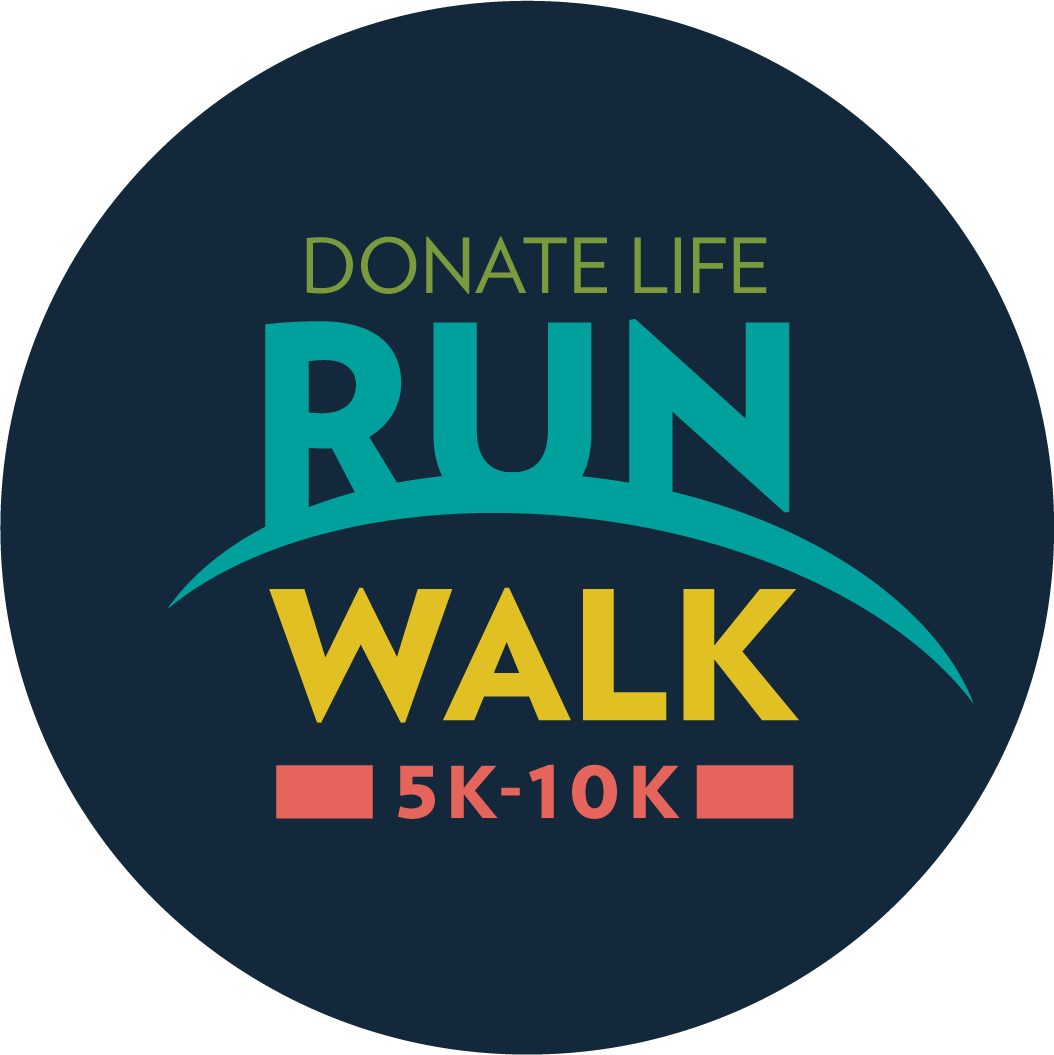National Donor Sabbath, is celebrating each year, two weekends before Thanksgiving. It is a time for people of all faiths to honor those who have given the life-saving gift of organ, eye and tissue donation.
Faith plays a significant role in the decision to register as a donor. Research has shown that one of the main reasons people refuse to register is the belief that it is against their religion. The fact is, ALL major religions support organ, eye, and tissue donation, and believe it to be a final act of kindness and generosity. Click here to learn more.
 Ways To Support National Donor Sabbath
Ways To Support National Donor Sabbath
- Schedule an organ donation presentation at your place of worship.
- Print a Donate Life flyer to share with members of your congregation.
- Ask to have information about organ, eye and tissue donation included in the weekly bulletin. (Click here for bulletin copy.)
- Encourage everyone in your congregation to register as organ, eye and tissue donors through an eCampaign.
- Share the message of saving lives through organ, eye and tissue donation on social media with some of our National Sabbath Donor images.





By the Numbers
- Almost 35,000 patients began new lives in 2017 thanks to organ transplants (about 92 every day).
- Nearly 22,000 people in California – 120,000 people nationally – are currently waiting for an organ transplant.
- Sadly, an average of 22 people die every day while waiting, because the organ they needed is not donated in time.
- A living donor can save a life by donating a kidney or a portion of their liver, lung, pancreas or intestine. For more information on living kidney donation, go to Living Donation California.
- On average, there are more than 30,000 tissue donors and more than 1 million tissue transplants are performed each year; the surgical need for tissue has been steadily rising.
- Approximately 40,000 patients have their sight restored through corneal transplants each year.

Frequently Asked Questions
-
Does the church support organ, eye and tissue donation?
+- Every major religion in the United States supports organ, eye and tissue donation as one of the highest expressions of compassion and generosity. Check out our Religious Views on Donation page for information specific to your religion.
-
Who supports National Donor Sabbath?
+- National Donor Sabbath is supported by the U.S. Department of Health and Human Services, Health Resources and Service Administration, together with national, state and local donation organizations, faith communities, health providers, community organizations and concerned individuals. National Donor Sabbath is a nationwide observance and there is no cost to participate.
-
Why is my participation in National Donor Sabbath important?
+- Your participation is particularly important because people look to their faith leaders for guidance on serious decisions in their lives. Faith leaders of all religious denominations, along with other community leaders, can build awareness and help increase organ donation sign-up by participating in National Donor Sabbath and holding donor registration events throughout the year.
-
How much does it cost to be a donor?
+- There is no cost to the donor’s family or estate.
-
Is it true that doctors don't work as hard to save the life of someone who has indicated his/her wish to become a donor?
+- No. Your commitment to donation will NOT interfere with your medical care. If you are sick or injured and admitted to the hospital, the number one priority is to save YOUR life.
-
Can organ, eye and tissue donors have normal funerals?
+- Yes. Donation should not delay or change funeral arrangements. A donor can have an open casket funeral.
-
Is it true that rich people and celebrities get preferential treatment when it comes to getting a donor organ?
+- No. When you are on the transplant waiting list for a donor organ, what really counts is the severity of your illness, time spent waiting, blood type and other important medical information.
- One’s celebrity status does not play a part in the decision. The transplant waiting list is “blind” to ethnicity, gender, and connections.
- When a celebrity needs an organ, it tends to get more attention from the media, so it may seem like they are getting special consideration. However, they have been placed on the waiting list like everyone else.
-
What are the benefits of being an organ, eye and tissue donor?
+- According to the United Network for Organ Sharing, “successful transplantation often is enhanced by the matching of organs between members of the same ethnic and racial group. For example, any patient is less likely to reject a kidney if it is donated by an individual who is genetically similar. Generally, people are genetically more similar to people of their own ethnicity or race than to people of other races.”
- Knowing that you have the power to give someone else a chance to live a healthy productive life is the greatest gift of all.
- A single donor can save or heal the lives of more than 50 people.
- Donation is a consolation to the donor family knowing that their loved one helped to save and heal the lives of others.
-
What can I do to increase organ, eye and tissue donation in my community?
+- Tell family and friends about your decision to Donate Life. Ask them to get the facts, and consider signing up as a donor on the Donate Life California Organ & Tissue Donor Registry. For other state registries, click here.
- For information in Spanish, visit www.donevida.org.
- Visit our Spread the word page and download resources to share on your social media profiles and tools to use in your community.







